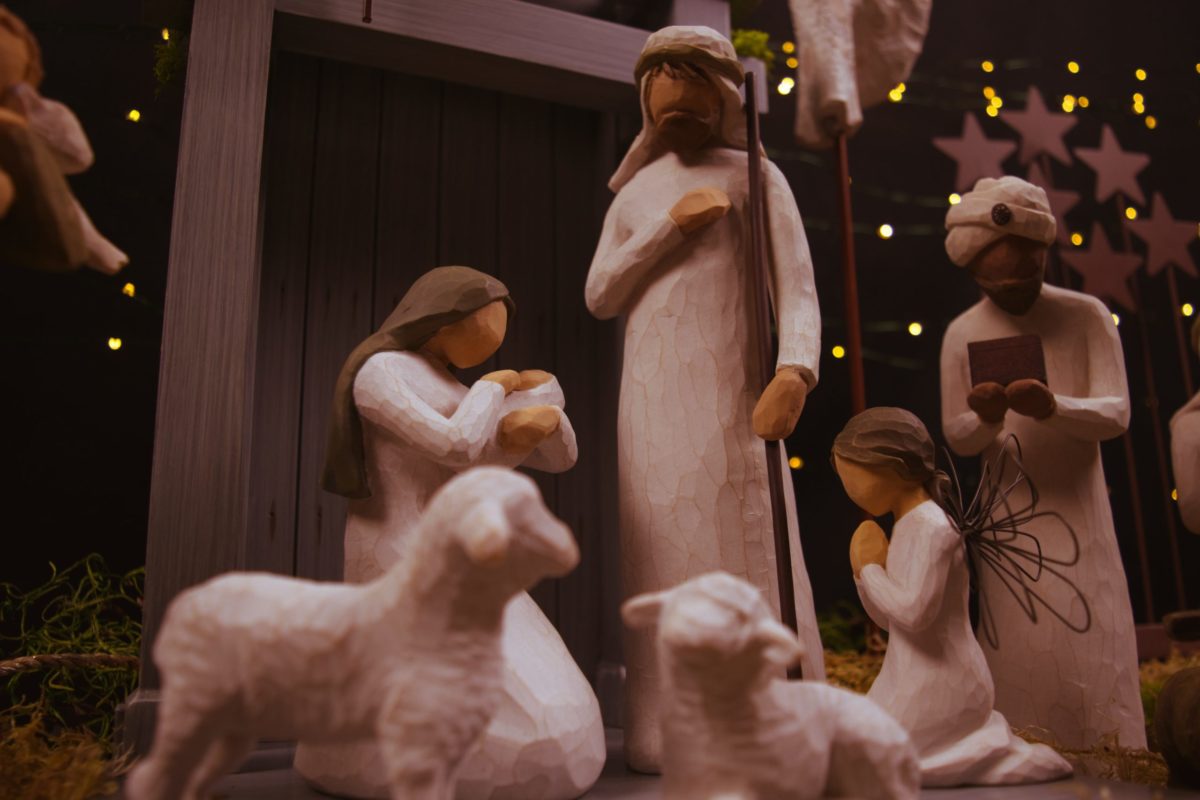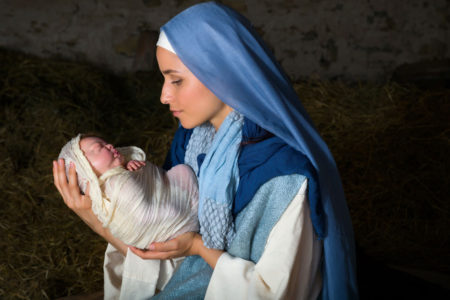By Rev Dr Bob Faser
Some years ago, when I was researching Advent and Christmas as “seasons of opportunity” for congregations in their ministry to their communities, one important fact emerged: many people believe the Christmas celebration has the power to bring out the better aspects of our character.
This is the case whether or not the people involved are regular worshippers and often the case whether or not the people involved affirm the Christian faith in any meaningful way. Whatever their exposure to Christian faith and practice, there are many in our communities who believe the period of Christmas has the potential to call forth our better selves.
I believe this dates from the work of Charles Dickens, who wrote A Christmas Carol at a time when people in English-speaking countries were beginning to rediscover the celebration of Christmas after a period of almost two centuries during which the celebration of Christmas was essentially a non-event in most of the English-speaking world.
In 1843, Dickens wrote his story about Ebenezer Scrooge and his close encounters with a series of ghosts, who showed him the story of his life, viewed through the lens of the Christmas celebration.
The experience for Scrooge was transformative. By encountering the celebration of Christmas – as a Christian celebration, as a time for family and friends to gather, and as an occasion to express generosity and hospitality to the wider community – Scrooge came face-to-face with his better self, and he liked what he saw.
Since that time, nearly every secular Christmas story and every secular Christmas song – the best ones at least – have been restatements of this theme, which I call “the Scrooge motif”: Christmas has the power to call forth our better selves.
We find this theme in films such as It’s a Wonderful Life and Love Actually, in children’s books such as How the Grinch Stole Christmas, in popular songs such as Fairytale of New York and How to Make Gravy, in television Christmas specials such as the one in which The Vicar of Dibley learned important lessons about friendship after she endured a series of marathon Christmas dinners.
Many of our neighbours believe Christmas should bring forth our better selves and, when it doesn’t, some get the impression there’s something wrong with those around them, and feel profoundly cheated. Others feel there’s something wrong with themselves, and tend to feel a bit guilty.
The association of Christmas with human transformation did not begin with Dickens, however. We find it in many of the scripture passages we read at the time of Advent and Christmas.

In the encounter of many of the participants in the Infancy Narratives in the gospels, we find examples of transformation of people into their best selves.
- We find it in Luke’s gospel with the fearful, young girl Mary, saying yes to God despite her fear. (Luke 1:26-56.)
- We find it in Matthew, with Mary’s dithering fiancé Joseph, doing the right thing for Mary and her child, despite his own instincts. (Matthew 1:18-25.)
- We find it among both groups of surprising visitors to the birth scene, both with Luke’s secular working-class blokes, the shepherds (Luke 2:8-20.) and with Matthew’s exotic foreign intellectuals, the wise men. (Matthew 2:1-13.)
- We find it in Simeon and Anna, described by Luke as two elderly “regulars” in the Temple precincts, who recognise the significance of the child Jesus and provide an image in the Infancy Narratives of religious faith at its best (Luke 2:22-38.), even if Matthew’s depiction of Herod’s tame theologians (a precursor to today’s “Religious Right”?) provides an image of religion at its worst. (Matthew 2:3-6.)
- We even find it in Luke’s story of the census, in which the Emperor in far-off Rome, looking for some accurate population numbers so he can have some idea of how much taxation and how many military conscripts he could expect from each province, despite the inconvenience to people, found himself as an unwilling conscript into an event which would eventually undermine the whole notion of “might makes right” on which his Empire was based. (Luke 2:1-7.)
I believe that, as we share these familiar stories once again this year, we should note this theme of transformation in them, and also note that many of our neighbours view Christmas as a time which transforms us into our best selves.
This gives us, within the Christian churches, a level of cultural permission to share our conviction about the human transformation – for individuals, for communities, for nations – made possible through the Christ whose Incarnation we celebrate at each Advent and Christmas.
Rev Dr Bob Faser is a retired minister, Hobart



